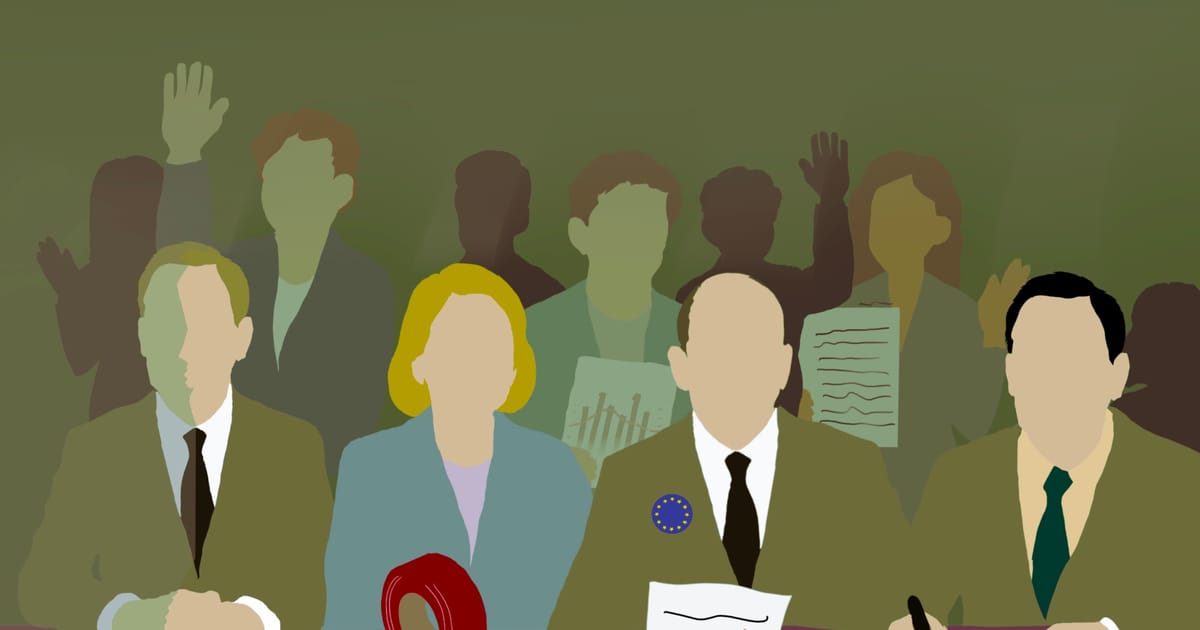Since then, lawmakers in the European Parliament and country delegations in the Council of the EU have been assessing the proposal, as companies wait in hope of looser rules.
But some diplomats working in the Council — the institution that represents the governments of the 27 member countries in Brussels — complain that the process of actually reducing that red tape is “a mess,” because national envoys appointed to review the files are not experts on the topic.
They say a deliberate political decision was taken to distance technical experts from the simplification work in order to fast-track the process of reducing the regulatory burden. Not everyone is happy with that choice, POLITICO learned from speaking with a dozen diplomats, Council officials and lobbyists.
As the EU introduces more “omnibus” packages simplifying rules on everything from chemicals to energy, financial services and agriculture, officials warn that the sidelining of experts could become routine.
Some argue that the absence of experts in the negotiation process makes it easier for bold cuts to be made to environmental rules. “Any expert you talk to that knows the subject matter will side with the progressive side of the argument,” said one lobbyist following the file.
The Antici Group
Poland, which currently helms the presidency of the Council, was in charge of setting up the working structure to deal with the process for EU government representatives. It opted to create an ad-hoc group of high-ranking diplomats, known in diplomatic jargon as “horizontal attachés,” to deal with it.
